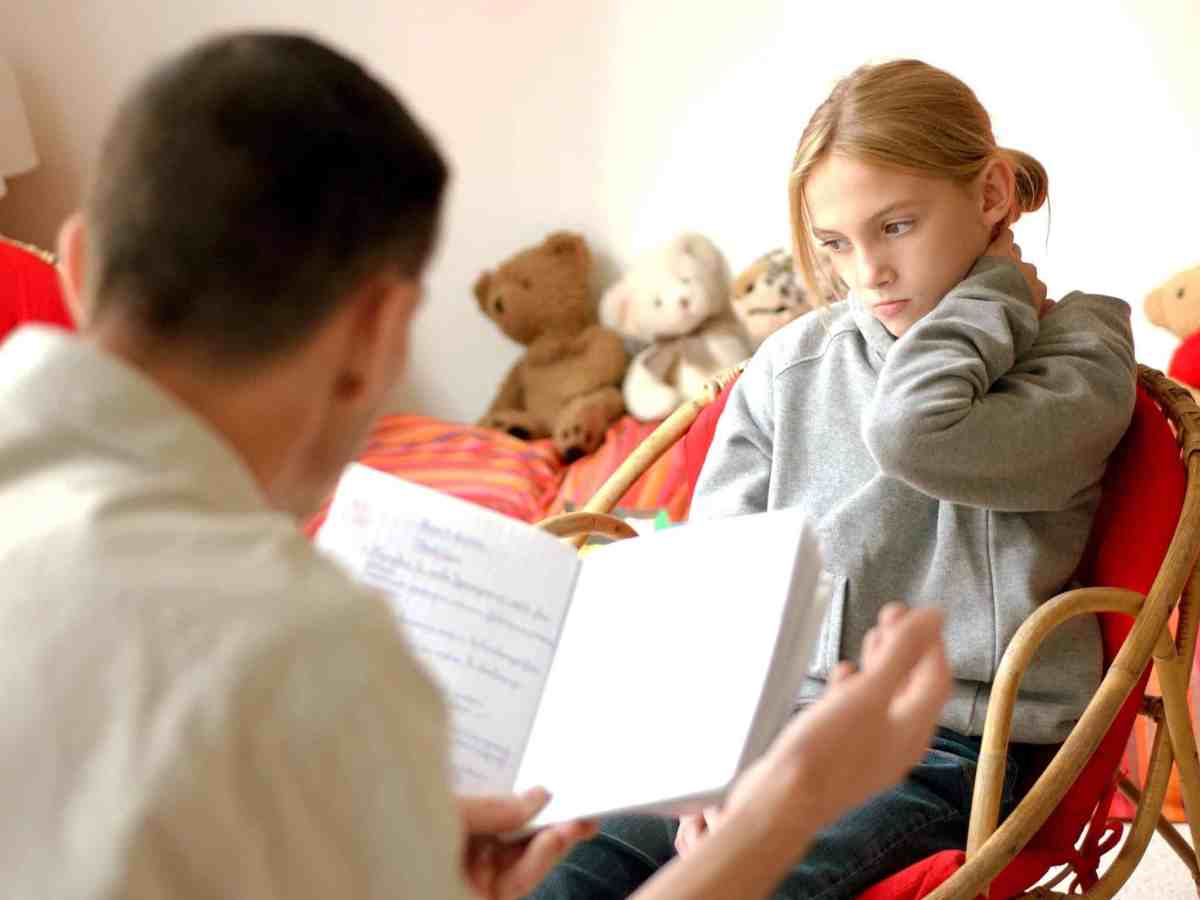No one ever said life was going to be easy.
We all face challenges and hard times throughout our lives, and we develop skills to deal with the struggles we will face from the time we are small.
And as parents, it is our job to help develop a vital character trait that will help our children in good times and bad.
Resilience is the ability to work through the most difficult challenges we face and make it through them with strength and confidence. We then use the lessons learned to increase our resilience for the next struggle that may head our way.
Babies are born resilient – they have a natural instinct to survive and communicate their needs in order to thrive.
Children also learn how to be resilient every time they face fear or disappointment as they grow.
Best Start reported:
When we have confidence in our abilities, it helps us to respond to problems with resilience. This “I can do it” attitude motivates us to keep trying even when things are difficult. If we keep trying, our efforts are more likely to pay off and we feel a sense of accomplishment. We start to develop confidence in our ability to make things happen very early in life.
When our kids are small and cry, we respond to their needs. This creates a sense of trust and security which gives kids the confidence to explore and try new experiences.
They then gain the skills to respond appropriately in each situation they face – good or bad – because of our support and encouragement while they are young.
Although we are born with an instinct to thrive, children cannot build true, healthy resilience without the outside support of loving caregivers – or without learning how to draw from inner strength.
This is where we come in as parents and helping our little ones to develop resilience should start as early as possible.
Resilience is a vital character trait — studies have proven that children who learn to be resilient are less likely to suffer from anxiety or depression as adults. They do better in school and in their careers and have stronger, more lasting personal relationships.
So what should we be doing to help foster resilience in our kids?
Most importantly, we can be positive role models. How do we handle disappointing or frightening situations in our lives?
Our children are always watching, and a calm and positive approach to hardship creates a lasting impression.
We are all likely to experience a devastating situation – loss of a job, a family illness, divorce – and our children are looking to us to show them they will be safe, and you will come through it as a family.
Maintaining a sense of security throughout it all will show children that they can survive anything that comes their way with the love and support of others – and with their inner strength.
And it doesn’t have to be an unexpected hardship that provides a teaching opportunity on how to be resilient.
Building confidence with praise for a job well done, teaching thinking skills and responsibility, and allowing kids to take risks all provide an opportunity to develop resilience as they grow.
It is also important to teach them the difference between being assertive and aggressive from an early age. Solving problems and resolving conflicts appropriately will give kids the confidence to think through challenges and find appropriate solutions.
This “inner strength” will continue to grow with the outside support of a loving and supportive family, friends, or teachers.
Use games or stories, or stop and talk through conflicts as they arise, to teach self-control, patience, and a positive outlook. These are all important components of being resilient.
Best Start continued:
Why are both inner strengths and outside supports important? We need both outside supports and inner strengths to build our resilience. Outside supports and inner strengths work together to develop our resilience.
Are your kids fighting like gladiators over that “one” toy? This is a great opportunity to offer suggestions for resolving the situation (outside support), and then allowing them to find a solution that works for them (inner strength).
These situations will, of course, come up over and over again, and it won’t be too long before your kids are working things out themselves with a good attitude (and a little patience from Mom and Dad!).
We all have tough days – sometimes even great hardships.
It is our approach to them that determines how emotionally and physically healthy we will be.
Learning to work through challenges, learn from them, and come through them a stronger person are all part of being resilient.
And this is one of the most important traits we can help our children develop. Our approach to challenges and supporting them when they face challenges gives them a great foundation to adapt and thrive.
How do you help your child learn resilience? Has your family ever faced a hardship that provided an opportunity to model resilience to your kids? Leave us your thoughts.

